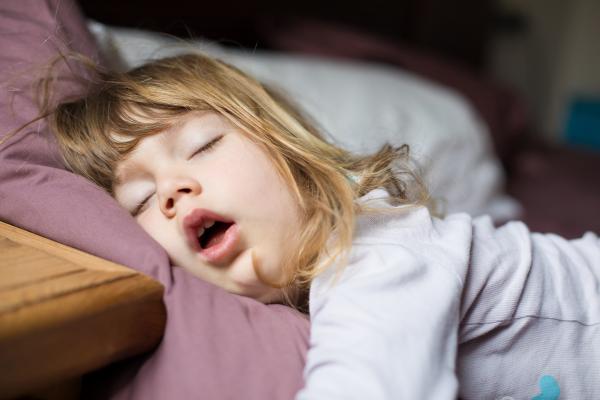When to Perform Adenoid Surgery in Children? When Not to Do It?
Adenoid problems, one of the most common problems of childhood, increase in parallel with upper respiratory tract infections, especially in winter. Yeditepe University Kozyatağı Hospital ENT Diseases Specialist Prof. Dr. Müzeyyen Doğan underlines that this condition, which causes many problems from sleep disorders to dental caries, should be treated and points out that the growth and development course of children has returned to normal after the treatment.
It causes an increase in the growth of adenoids since children get sick more frequently, especially during school periods. Adenoid is constantly exposed to allergens as well as airborne viruses and bacteria. In cases where gastric fluid reaches the mouth, growth may also occur in the adenoid tissue. Stating that allergy and reflux are also risk factors for adenoid growth in some studies, Prof. Dr. Müzeyyen Doğan said, "One study showed that the risk of adenoid growth increased 9.6 times in children with pathological throat reflux and 5.4 times in children with pathological stomach reflux." For this reason, she stated that adenoid grows more in allergic children during the period when their allergies are intense.
Does Your Child Sleep Restlessly at Night?
Adenoid is normally present in every child and produces cells called antibodies that protect the body against microbes that reach the upper respiratory tract. For the adenoid to cause problems, it must reach a size that will reduce the air passage through the nose and/or cover the mouth of the eustachian tubes that ventilate the ear. Prof. Dr. Müzeyyen Doğan lists the problems experienced by children in this situation as follows:
- Difficulty in breathing through the nose
- Breathing through the mouth continuously
- Nasal speech
- Aeration disorder in the middle ear and consequent collapse of the ear, frequent recurrent otitis media
- Wheezing
- Headache
- Cough, nasal discharge
- Sinusitis
- Snoring
- Holding your breath for a few seconds in sleep (sleep apnea)
- Restless sleep
- Loss of appetite, growth, and developmental retardation
- Impaired development of jaw and facial bones
- Urinary incontinence

